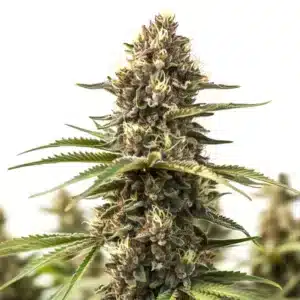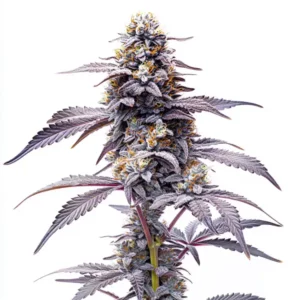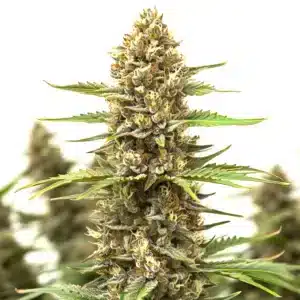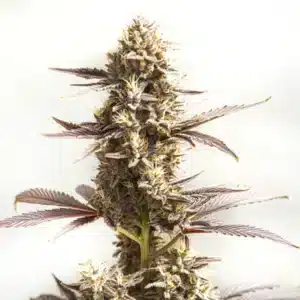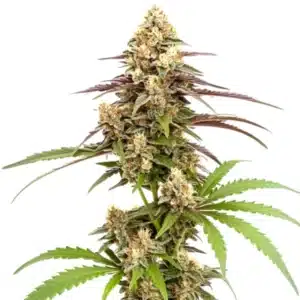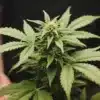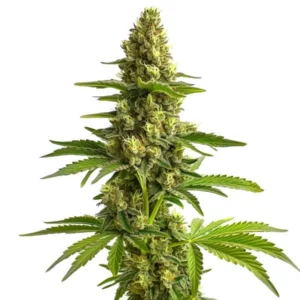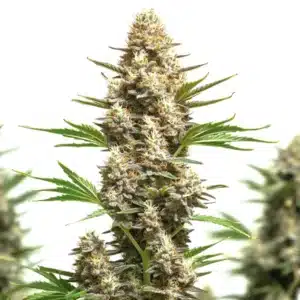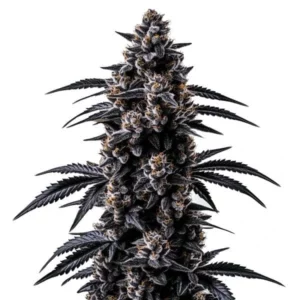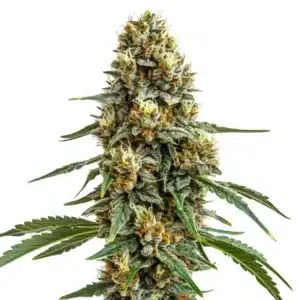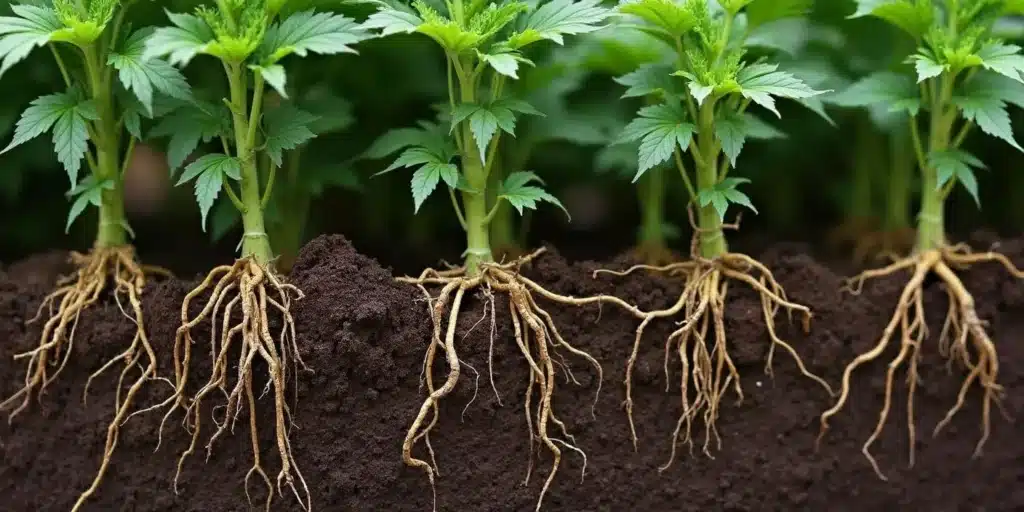
Cold Water Effect on Cannabis Roots
When it comes to cannabis cultivation, the cold water effect on cannabis roots is a crucial topic. Cold water can impact the roots in various ways, influencing the overall health and growth of the plant. Roots are the lifeline of cannabis plants, absorbing water and nutrients. When cold water is introduced, it might cause a slowdown in root activity, leading to stunted growth or root rot.
Growers aiming for optimal plant growth must pay attention to water temperature. A consistent environment helps maintain healthy roots, ensuring a bountiful harvest.
Recommended Strains
Animal Cookies
|
|
THC | 22% - 27% (High) |
|
|
Type | Feminized |
|
|
Yield | High |
|
|
Phenotype | 50% Indica / 50% Sativa |
Animal Mints
|
|
THC | 22% - 24% (Medium) |
|
|
Type | Feminized |
|
|
Yield | Low |
|
|
Phenotype | 60% Indica / 40% Sativa |
How Cold Water Affects Cannabis Root Growth
Cold water can shock the root system, disrupting the plant’s natural processes. The effects of cold water on cannabis plant roots include slowed nutrient uptake and decreased growth rates. When roots absorb cold water, the plant’s metabolism slows down, meaning less energy is available for growth. This can be compromised, leading to smaller plants and reduced yields. The slowed metabolic processes can also lead to visible nutrient deficiencies, further hindering plant growth.
Beyond Temperature: Water Oxygenation
Just as important as temperature is the level of dissolved oxygen in your water. Stagnant water that has been sitting for a long time loses its oxygen. Watering with deoxygenated water can suffocate the roots and lead to serious health problems, potentially killing the plants.
This is especially critical in hydroponic systems where the roots are constantly submerged. In these setups, using an air pump with an air stone, similar to what is used in a fish tank, is essential. These devices continuously bubble air through the reservoir, ensuring the water remains rich in oxygen and the roots stay healthy.
Practical Implications for Growers
Growers need to monitor water temperature closely. If you’re using a hydroponic system, it’s vital to check the water temperature regularly. For soil-based systems, the situation is similar. Ensure your water is not too cold; a simple thermometer can help. Maintaining the right water temperature can enhance nutrient absorption efficiency, minimizing waste and ensuring plants receive maximum benefit from nutrients.
Choosing the Right Cannabis Strains
Some cannabis strains are more resilient to cold water conditions. For instance, the Bruce Banner 3 strain is known for its robust root system. It can withstand slight temperature fluctuations better than more sensitive strains. Another excellent choice is the OG Kush, which has a strong genetic makeup, making it a favorite among growers dealing with cooler climates. Choosing strains with strong genetic resilience can be a strategic decision.
Promos & Deals
Tips for Managing Water Temperature
Maintaining the right water temperature can be straightforward. Use room temperature water to prevent shocking the roots. Consider investing in a water heater for hydroponic systems to maintain a consistent temperature. Regularly calibrating and checking your water heating equipment is crucial to ensure it is functioning correctly.
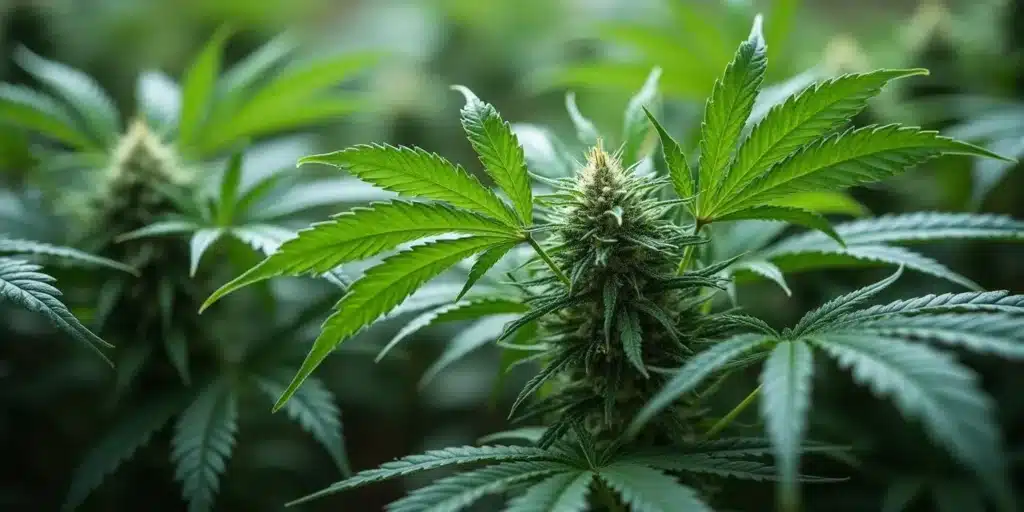
Monitoring and Adjusting Water Temperature
Regularly monitor your water’s temperature to make necessary adjustments before issues arise. This might require some trial and error. Start by measuring the current temperature and gradually adjust. Monitoring tools such as digital thermometers or automated systems can provide real-time data, and maintaining a log of temperature changes can aid in refining your cultivation techniques.
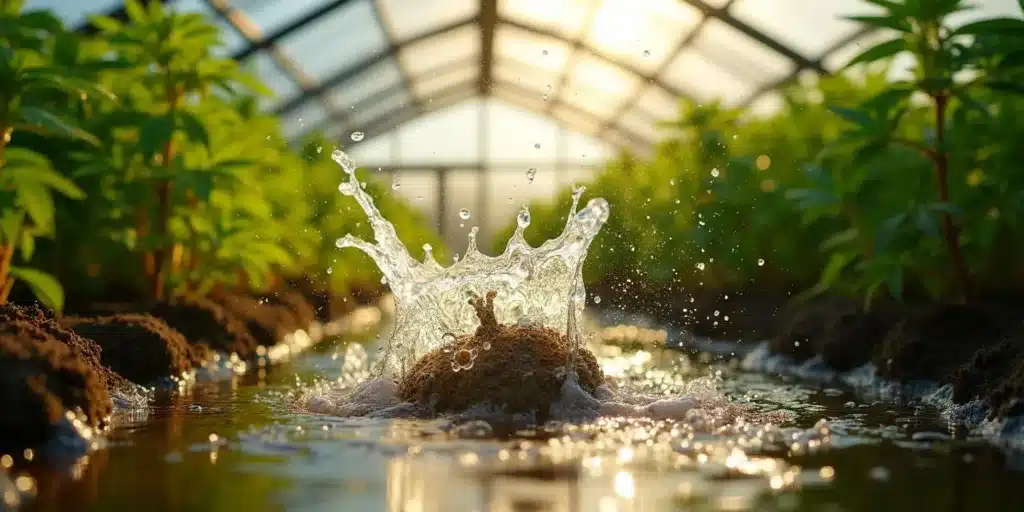
FAQ
What is the ideal water temperature for cannabis roots?
The ideal irrigation water temperature is around 18°C (65°F), with a safe and effective range between 18°C and 23°C (65-73°F). This range mimics the temperature of natural rainwater and is optimal for nutrient absorption and root health. It’s critical to avoid extremes. Water temperatures below 10°C (50°F) can cause a severe shock to the root system, potentially stunting or even killing the plants. Conversely, once the water temperature rises above 23°C (73°F), it begins to lose dissolved oxygen, creating a dangerous environment that promotes the growth of harmful fungi and root rot.
How do I know if my cannabis roots are affected by cold water?
Signs of cold water impact include slowed plant growth, yellowing leaves, and root rot. These symptoms indicate that the plant is under stress and cannot absorb nutrients effectively. Regularly inspecting your plants and roots can help catch these signs early.
Can cold water improve cannabis growth in any way?
Cold water generally hinders growth. The effects are typically negative, slowing down nutrient uptake and stunting growth. In some controlled environments, slight temperature drops might be used by advanced growers to induce stress for specific purposes, but this should be approached with caution.
Is it different for hydroponic systems versus soil-based systems?
The effect of cold water is similar in both systems. In both cases, cold water can stress the roots. Hydroponic systems may require more precise temperature control due to the direct contact of roots with water, making the effects more immediate.
How can I prevent cold water shock during winter months?
To prevent cold water shock during winter, consider using a water heater for your irrigation system. Additionally, store water in a room where temperature fluctuations are minimal. Insulating water reservoirs can also help maintain a stable temperature.


